‘I feel ignored’ is not an expression of a feeling according to Nonviolent Communication. It’s an expression of a thought: the thought that you are ignoring me. The feeling could be: loneliness, fear, anger..
There are tons of these so called ‘pseudofeelings’. When you connect with the real feeling, you can process it better. And when you share the real feeling, it’s a lot more connecting. Check how to do this in the video!
Video transcript:
If your feeling is a judgment in disguise it has a high chance or creating conflict or distance when you share it with others. So how do you recognize and translate those? Both in English and many other languages the expression I feel is not always followed by an emotion for example, “I feel like you don’t really love me.” is not an emotion, its an expression of thought, the though that you don’t really love me. Another example, “I feel ignored.” It’s not an emotion its an expression of a thought that you are ignoring me. In NVC we call this kind of expression pseudofeelings, and it’s important to distinguish them from real or genuine feelings for two reasons, first of all this, this so called feeling is actually a though, so when I hang on to that I’m staying in my head and the actual feeling that is underneath it, the emotion, that is underneath it, that resides more like in my body still wants to be heard, and the second reason is that when I express this thought that is actually a judgment about someone else, “you are ignoring me,” “you don’t really love me” then the other person is really likely, it’s really likely that they will hear blame, and so I won’t really be heard by the other person either. So how do you recognize pseudofeelings? They happen when I say I feel and it’s followed by “that,” “like,” or “as if.” For example, “I feel as if I am living with a wall” or “I feel like a failure.” The second thing to be aware of when I feel is followed by the pronouns, “I,” “you,” “he,” “she,” its,” “they,” or the actual name of someone. For example, “I feel it is useless,” or “I feel my boss is being manipulative,” or “I feel that you are an asshole.” And the third one to be aware of is when I feel is followed by descriptions of what we think we are, for example, “I feel inadequate as a guitar player.” Again that’s not a feeling that’s a thought. The fourth one to be aware of is when I feel is followed by words that describe I think that others around me are doing, and the list of these verbs is long: “I feel attacked,” “cornered,” “dumped on,” “belittled,” “harassed,” “interrupted,” “disconnection,” “rejected,” “smothered,” “unheard,” “unseen,” and “unloved.” There is a very easy way to avoid them, just take the empathy sheet, if you don’t have it go to my website, cupofempathy.com and you can just download it there for free. I will send it to you, and look at the feelings card, the feelings part of the sheet, and if you pick a feeling from that sheet, you are always picking a genuine feeling, and I will add an even more extensive list of pseudofeelings, both in Dutch, and English, so if you didn’t get the feelings list yet, you will also get this list of pseudofeelings. If you have the empathy sheet already and you want to get also the list of pseudofeelings just send me an email and I will send the PDF to you. What you might discover is that when you say, “You know I feel like you don’t really love me” that you actual feeling is feeling lonely, so you could say I feel a bit lonely. That’s way more connecting than the other expression. And for example when you say, “I feel ignored” it could be that you’re feeling is anger or confusion or fear. It could be many things so if you look at the card and more connect to your body, like what’s underneath it, you will get the real feeling. Talking in pseudofeelings is really a habit and if you want to practice you know translating it more automatically you can come to my masterclass in Amsterdam. If you use the code “speedyme” you even get a discount of 15%, if you sign up within 24 hours after the release of this video. I would love to meet you there and I am very curious, maybe you want to write in the comments, what is a pseudofeeling that you often hear from other people or maybe that you use yourself a lot and do you have any idea what’s genuine emotion could be behind it. I am curious to hear, so let me know underneath the video. And if you haven’t so already subscribe to the Youtube channel cupofempathy. We almost have 500 subscribers, so I am super happy. Please join us and I would love to see you again, chow.

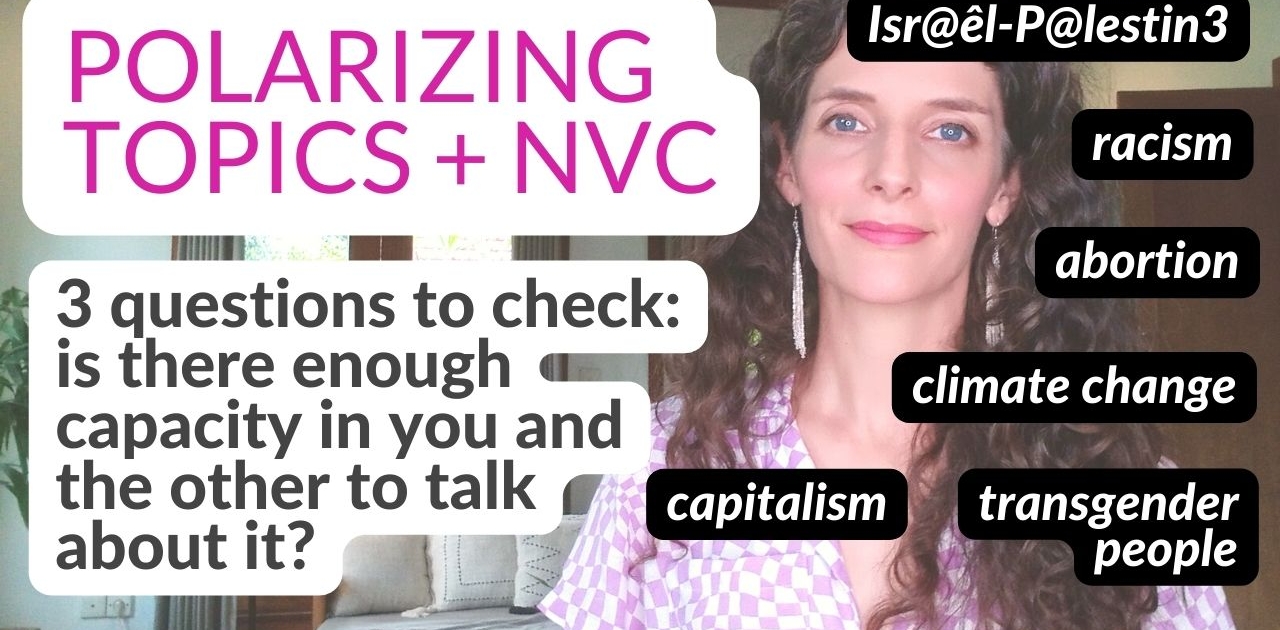

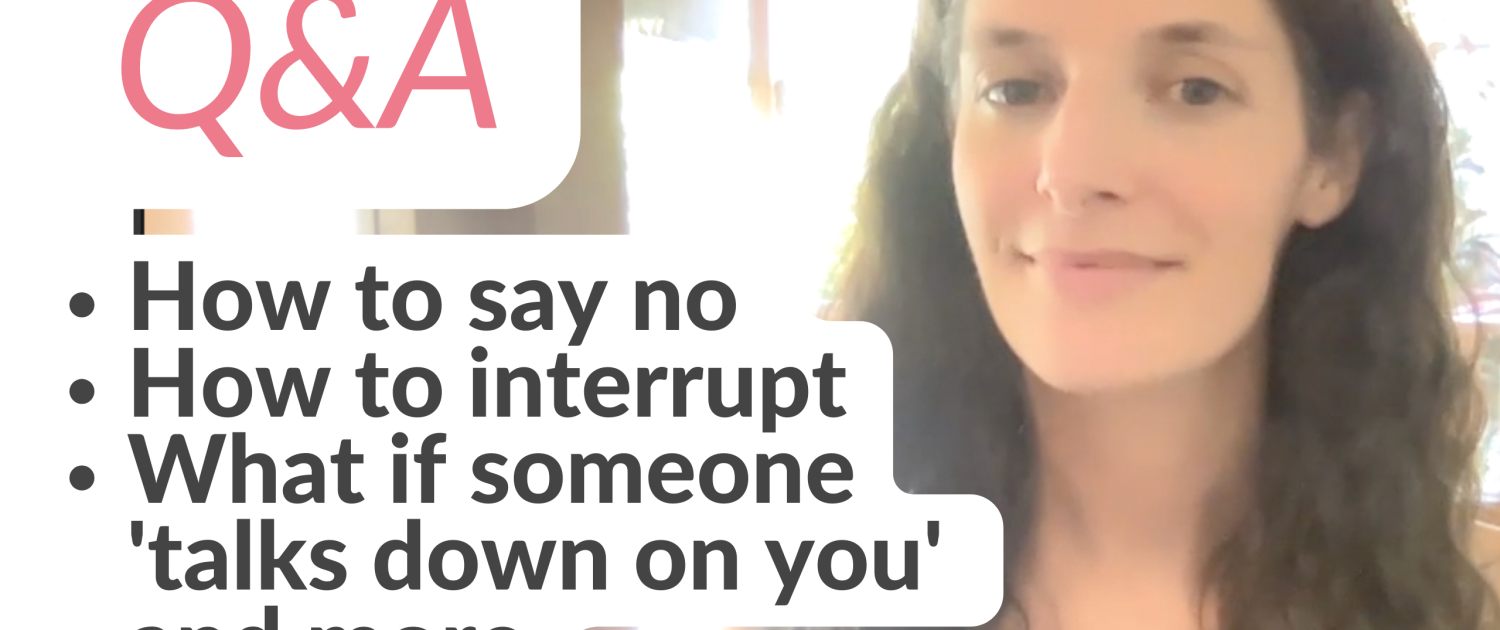
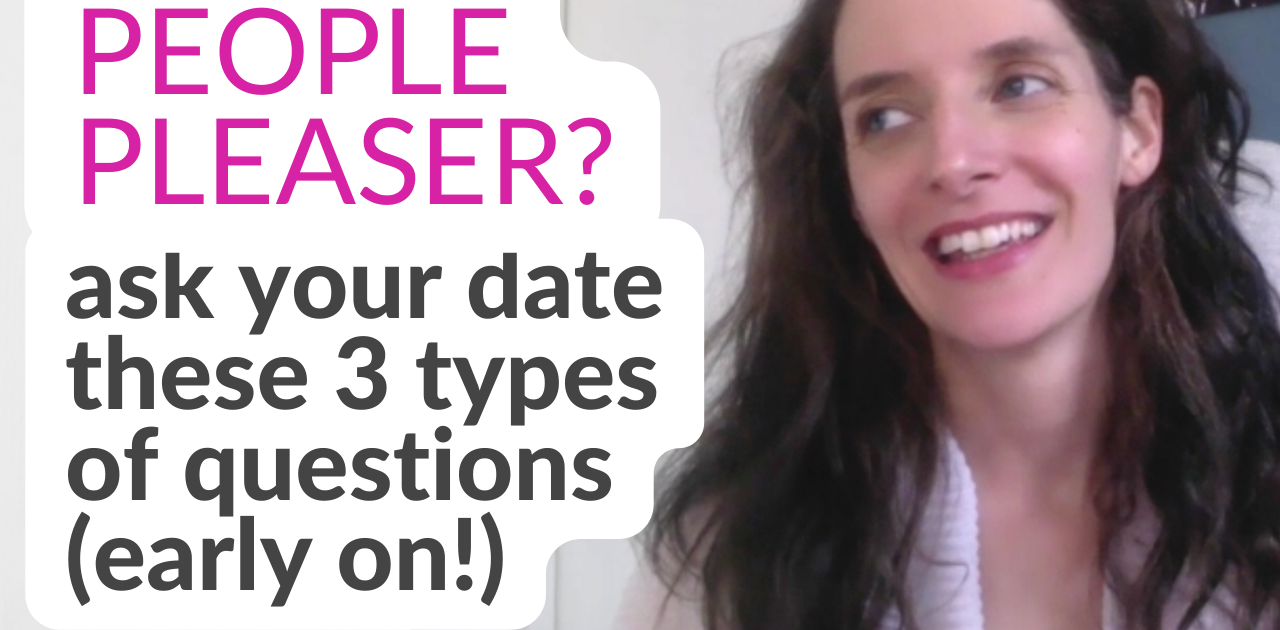
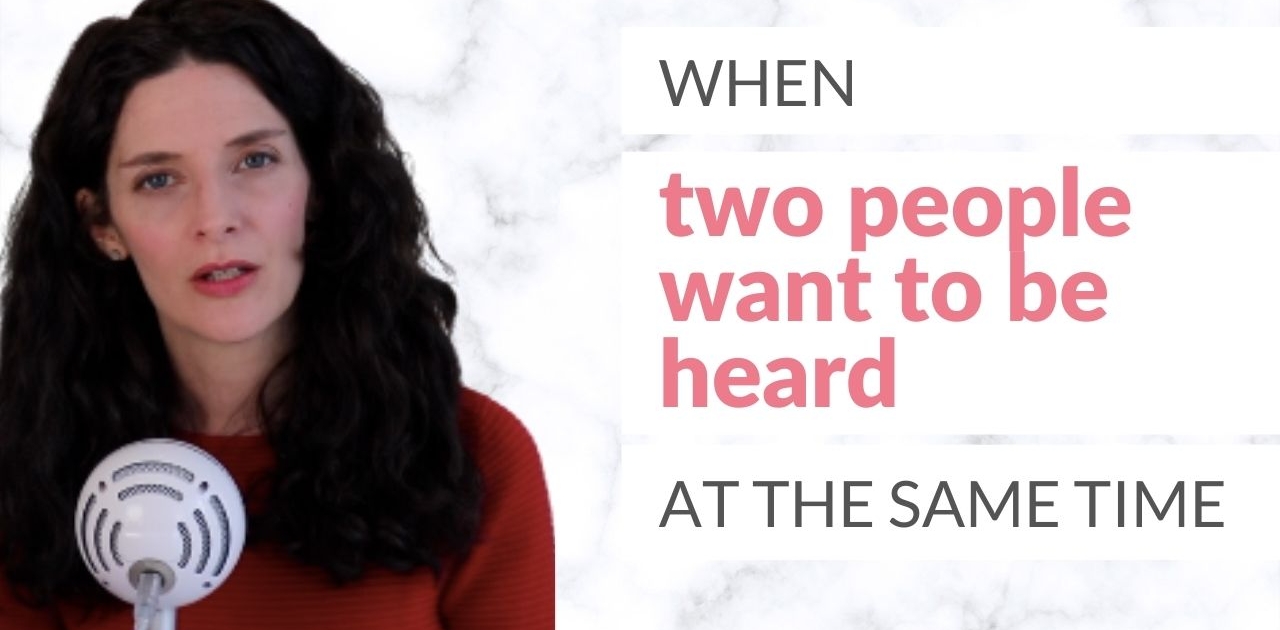
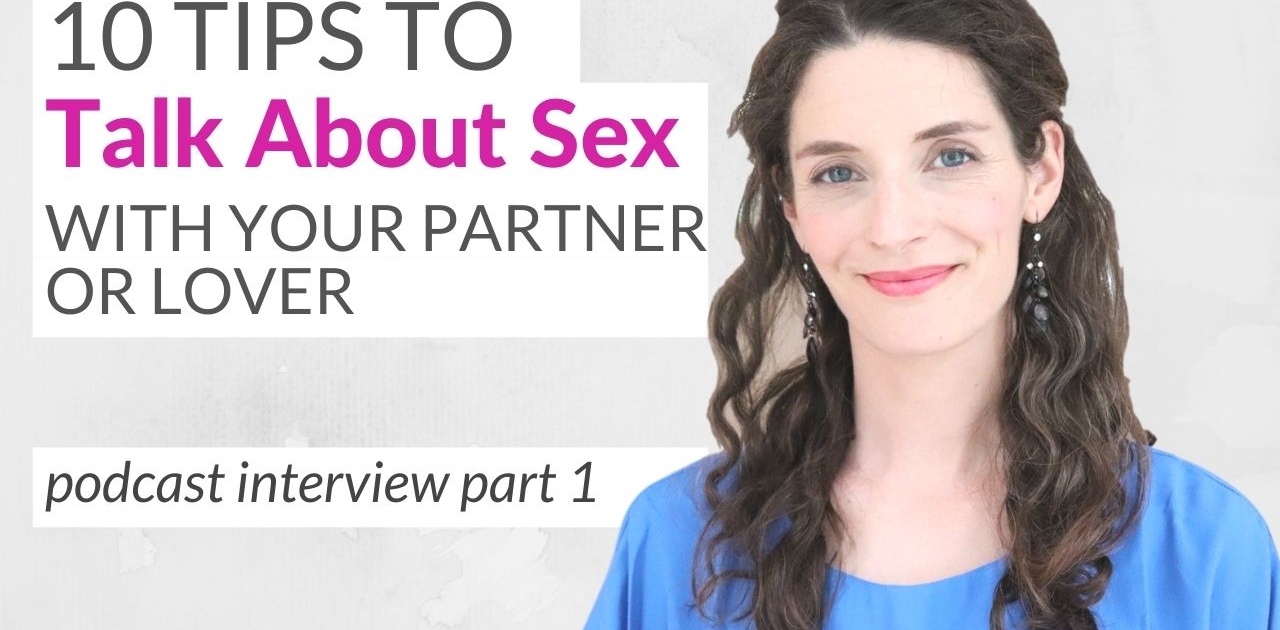

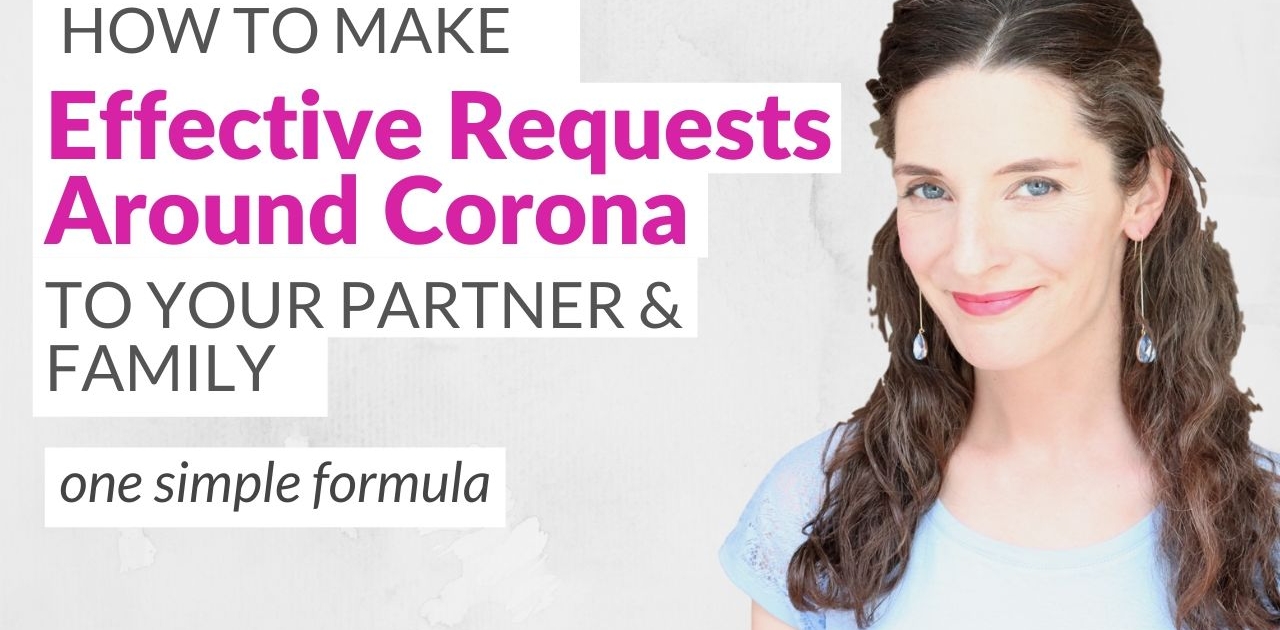

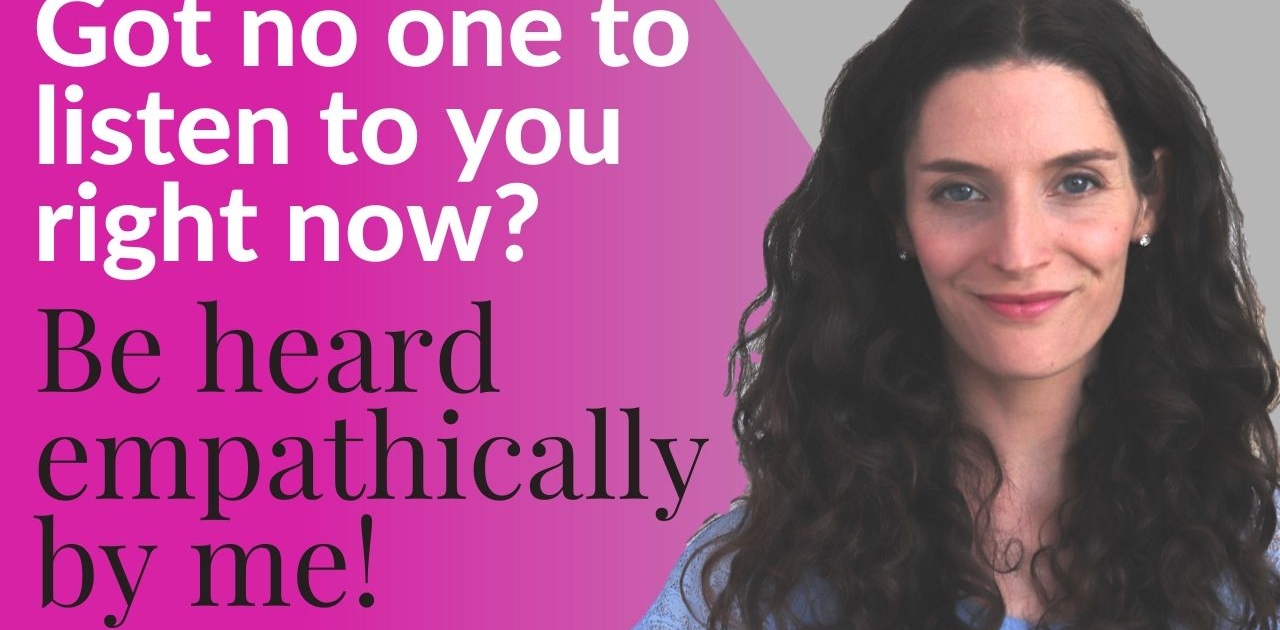


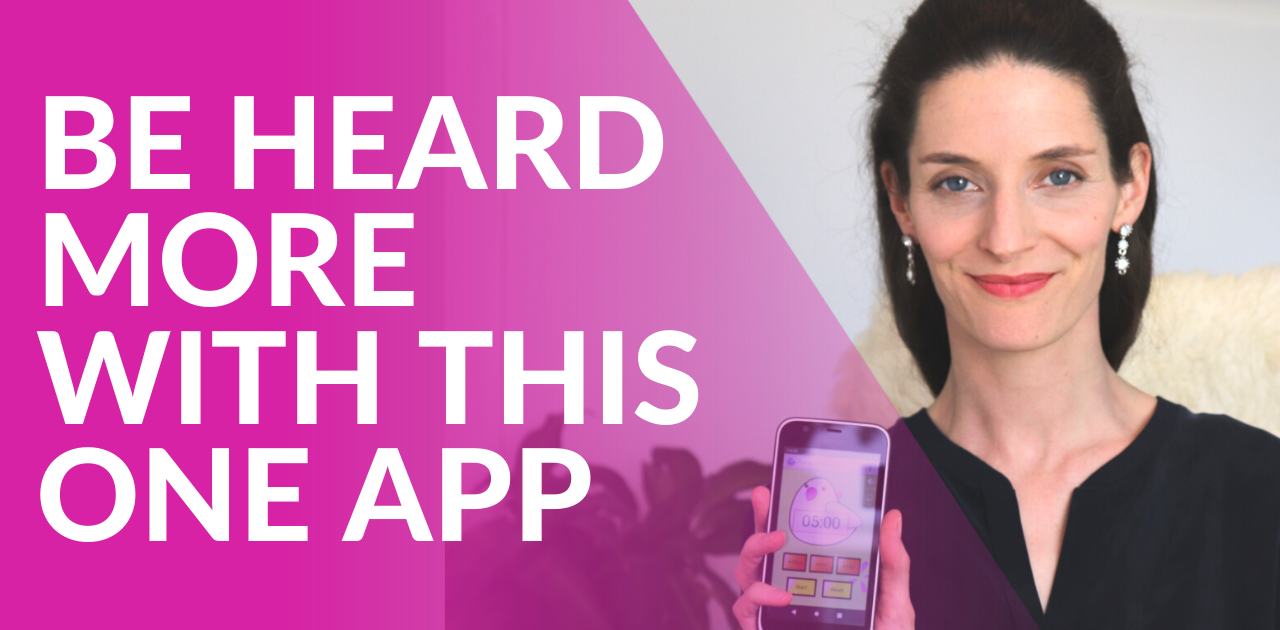
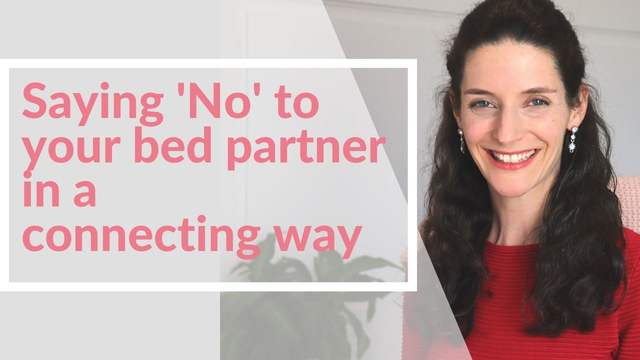
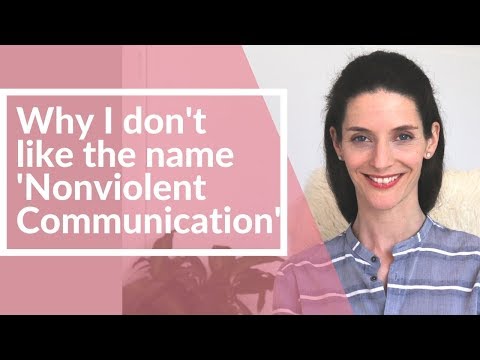


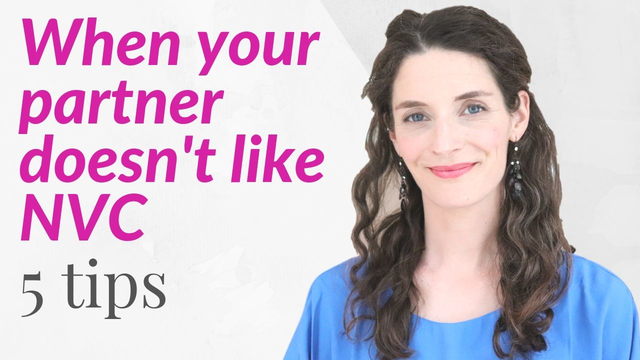


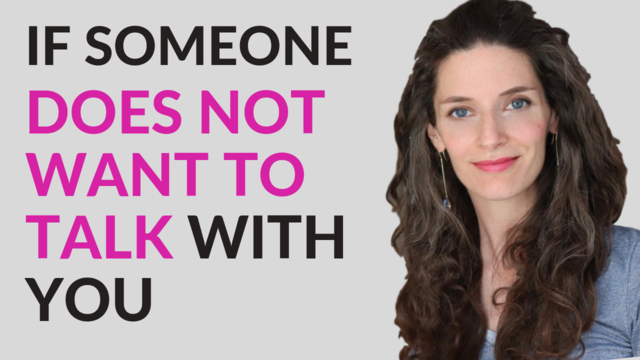



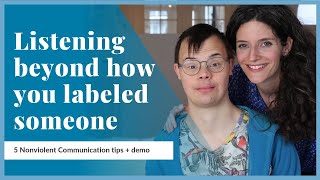

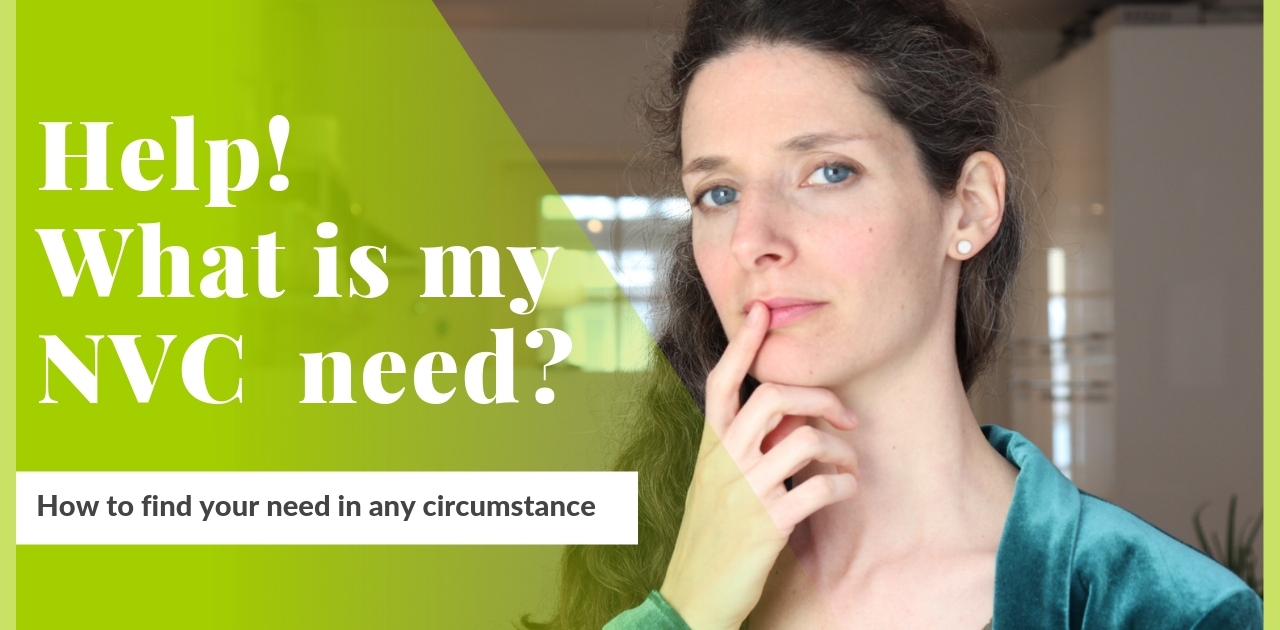
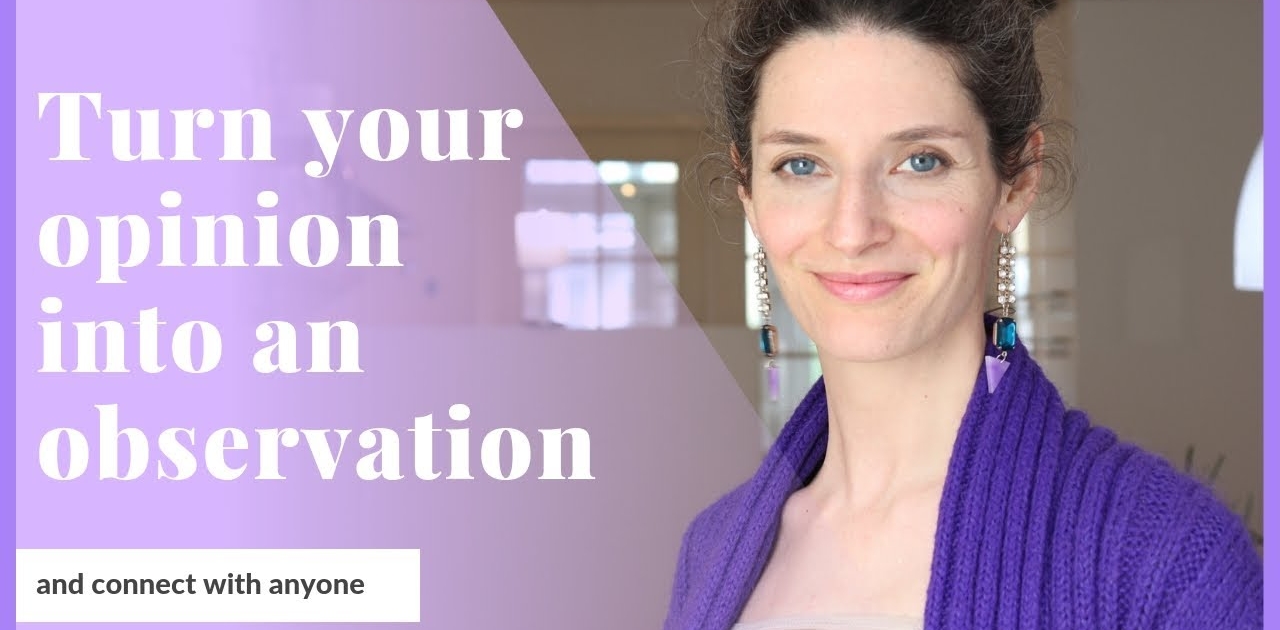
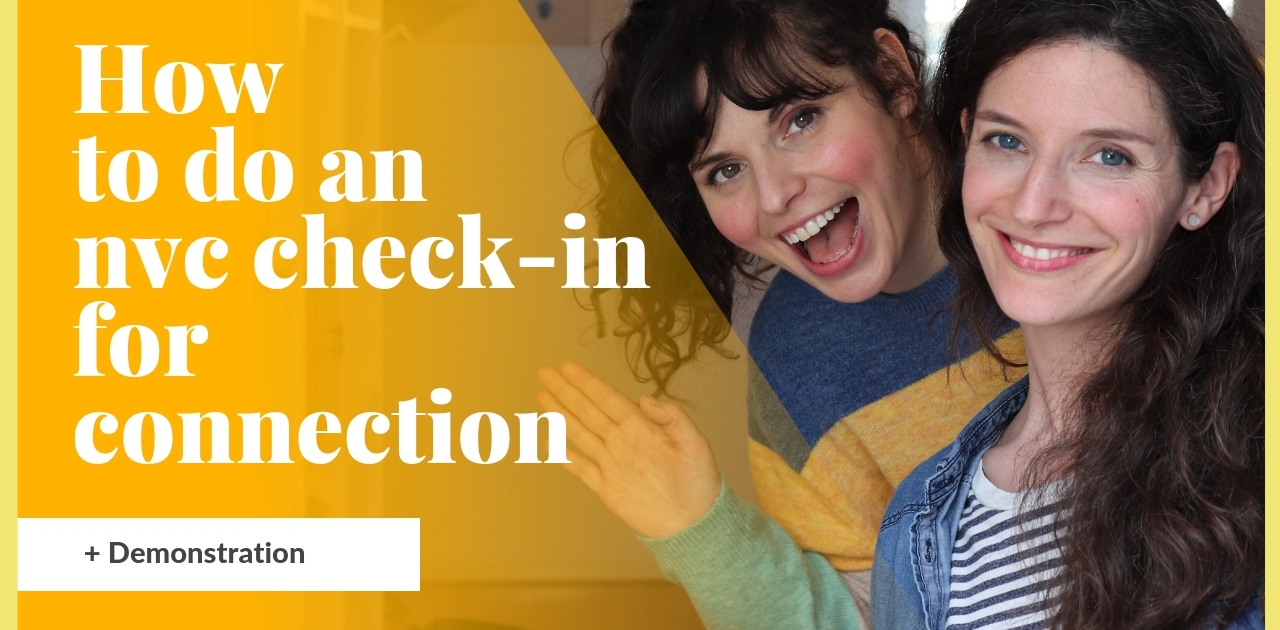

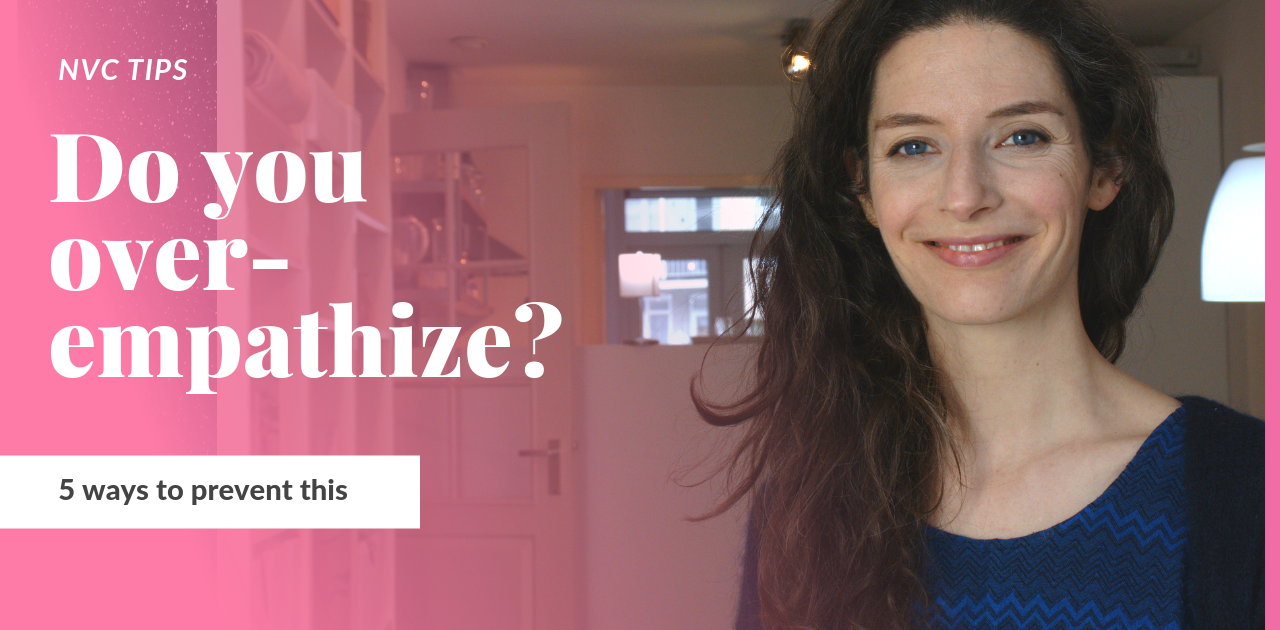


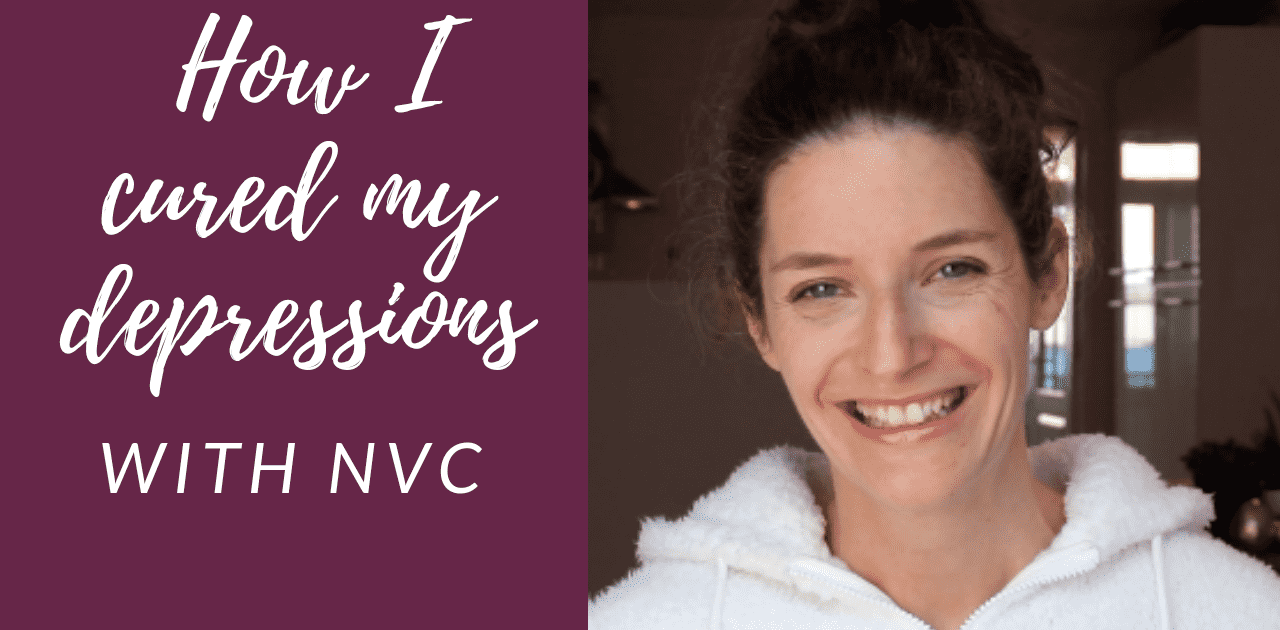
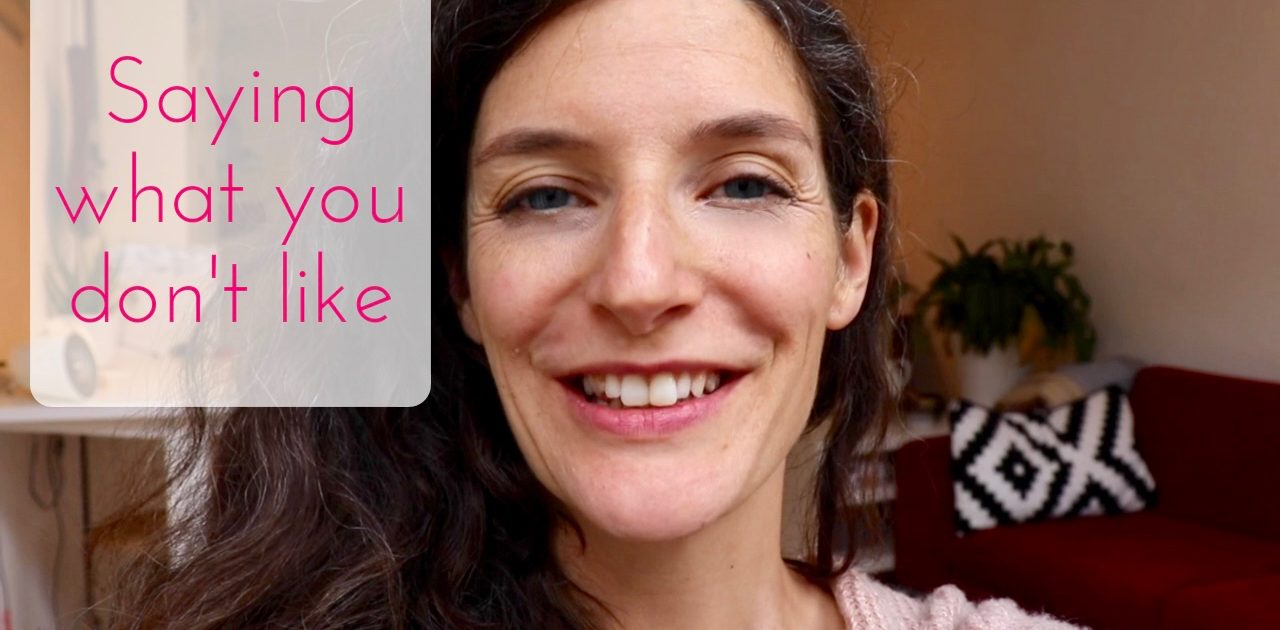
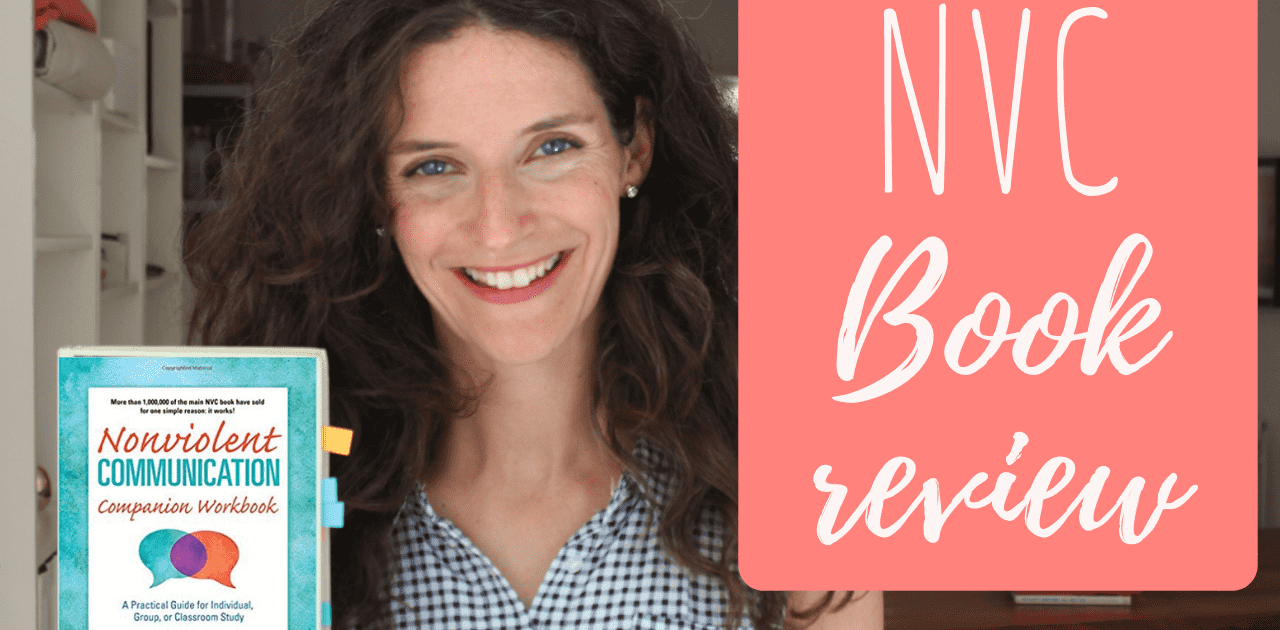











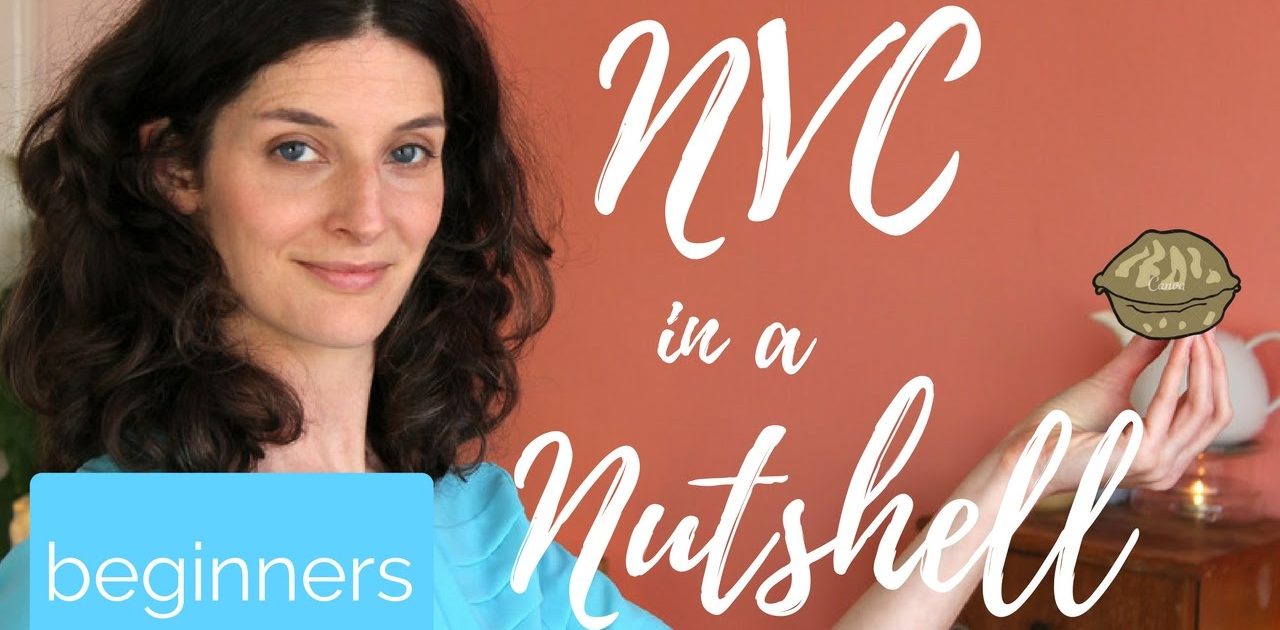
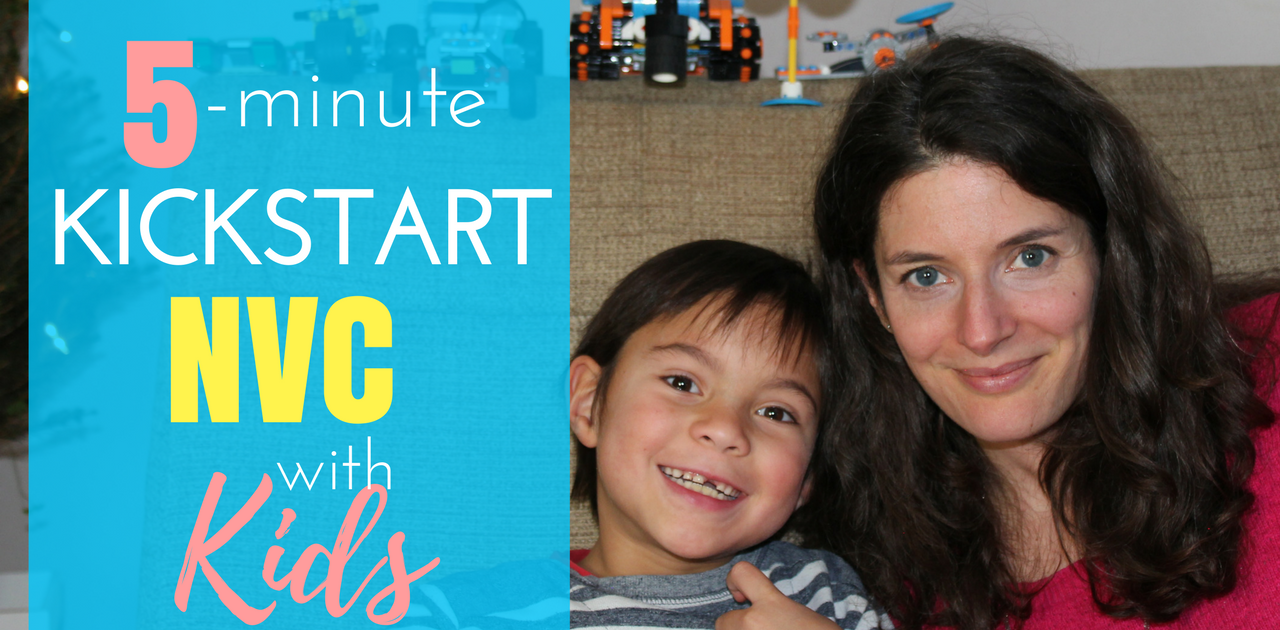

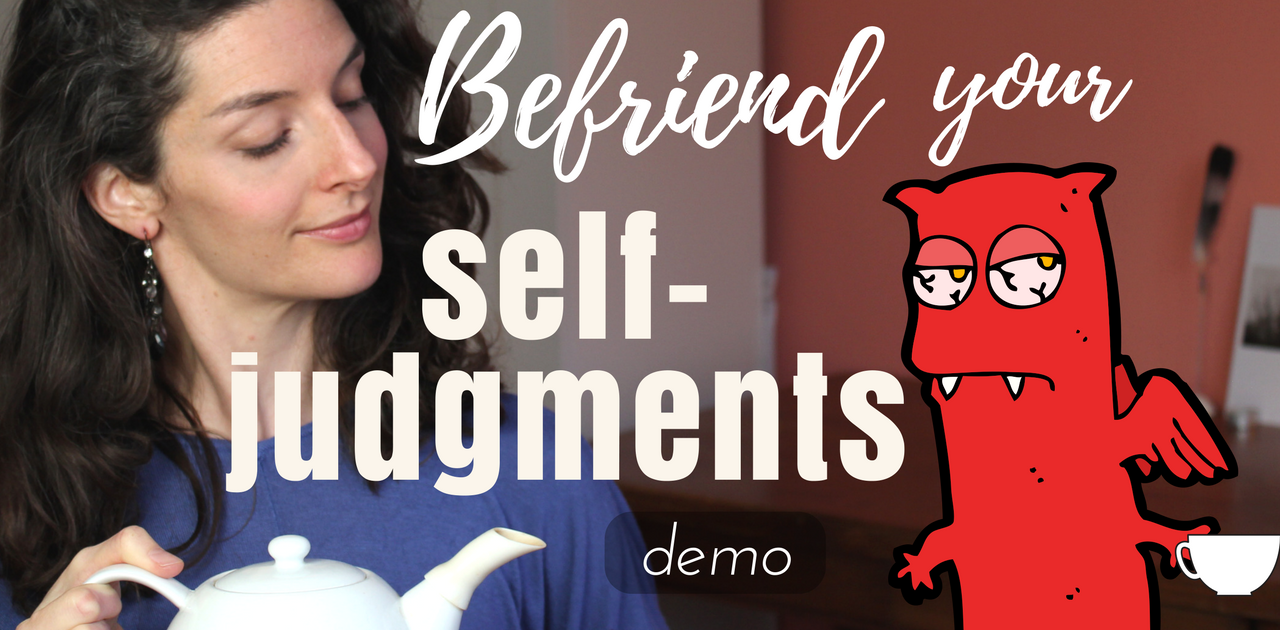

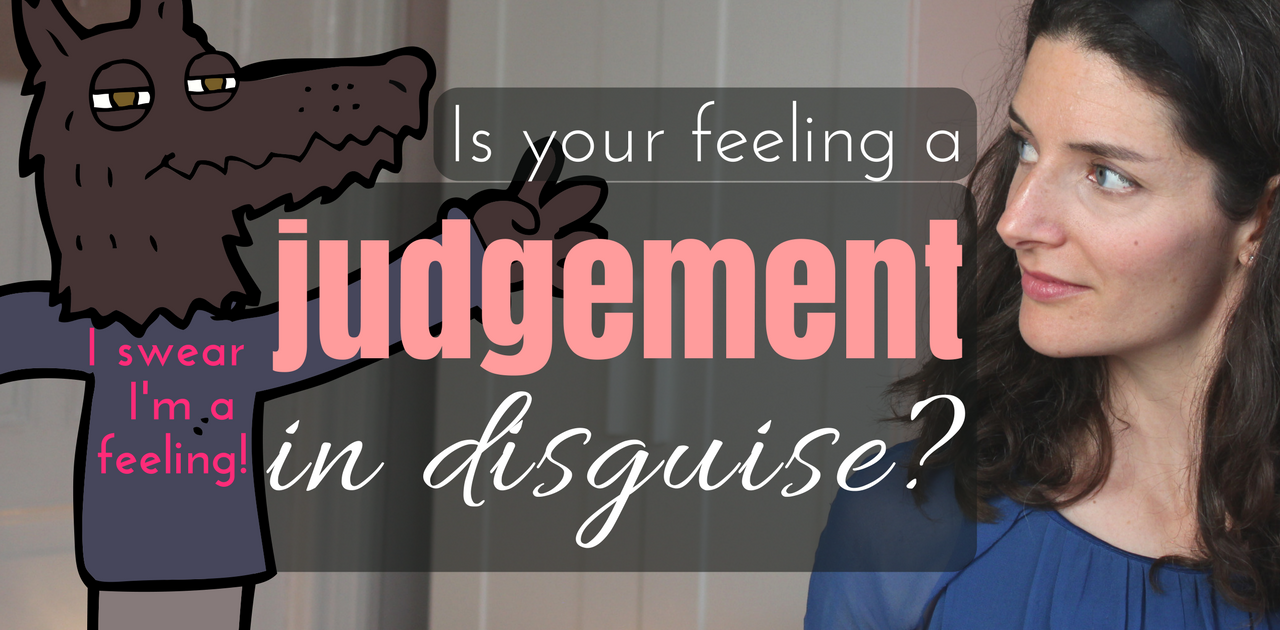
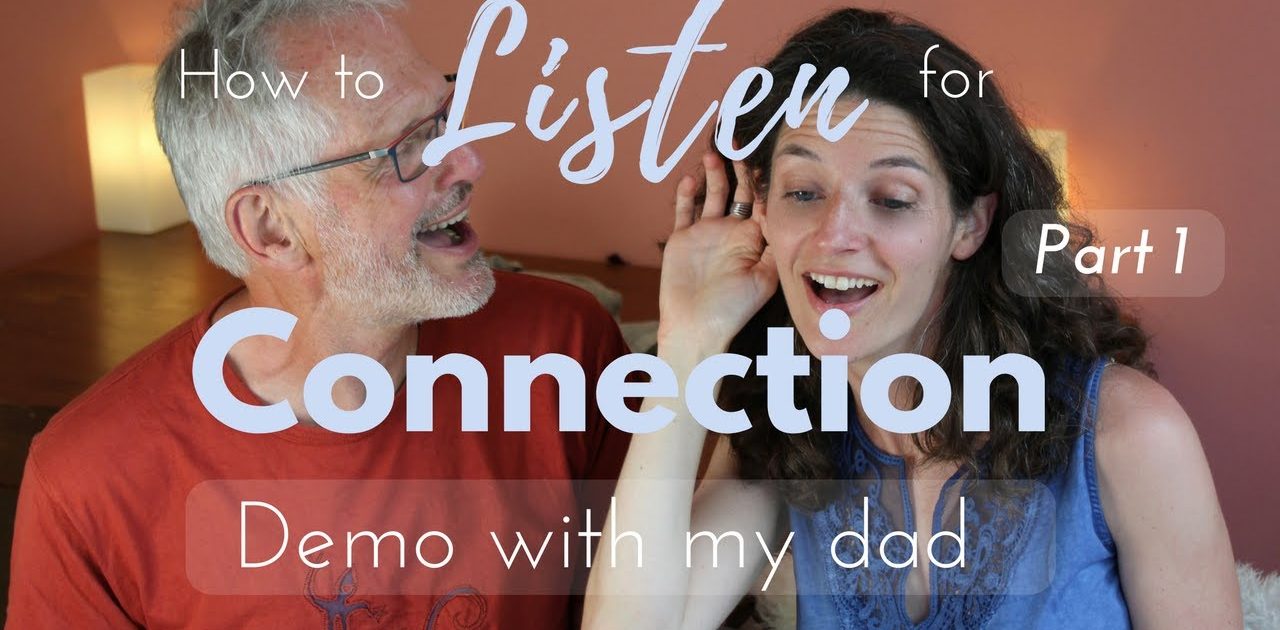


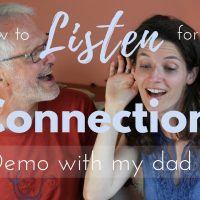


I appreciate the content, design and what you share on your site.